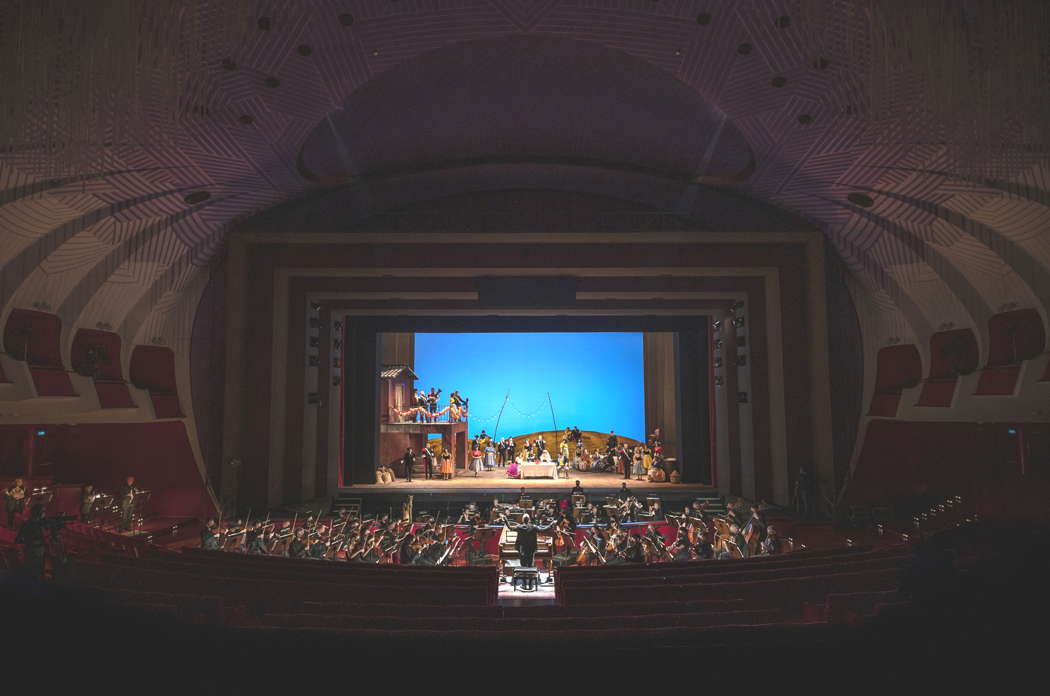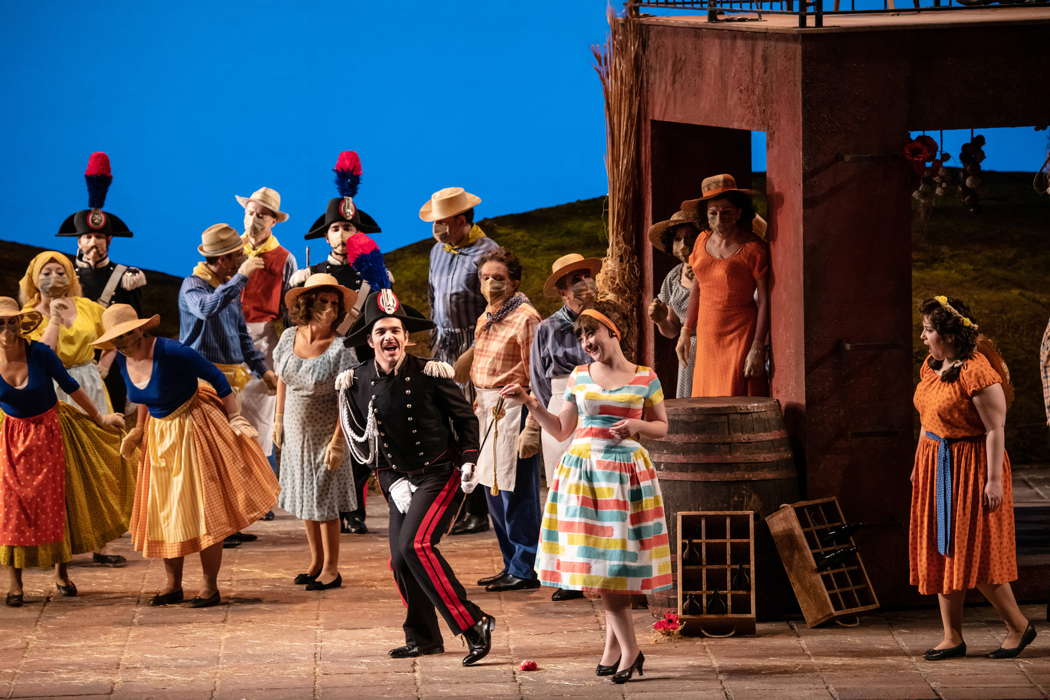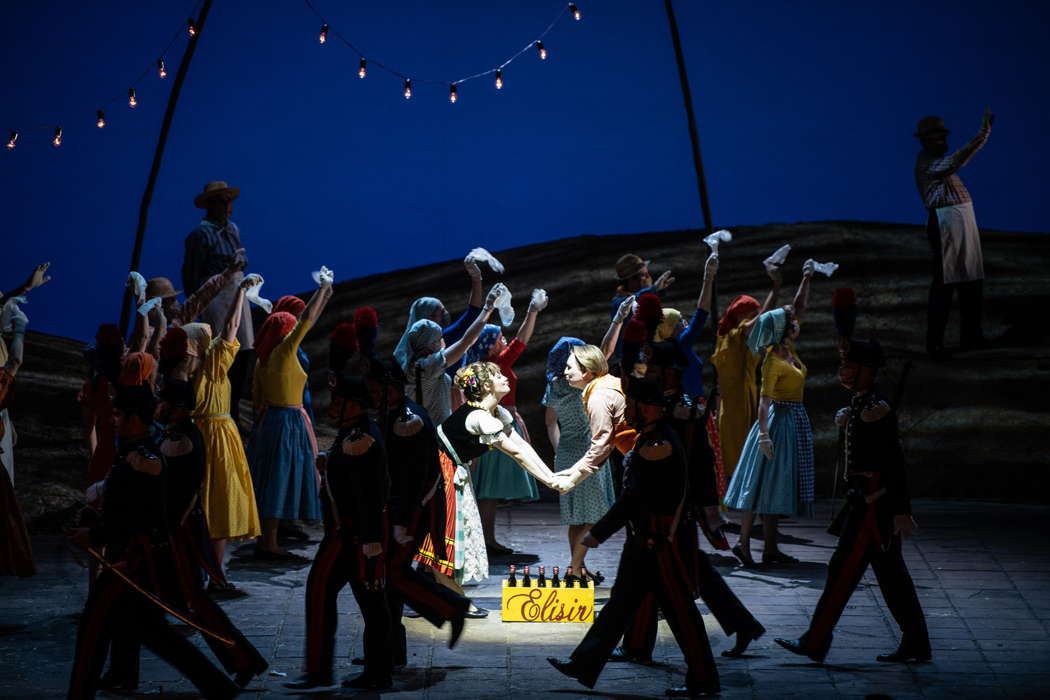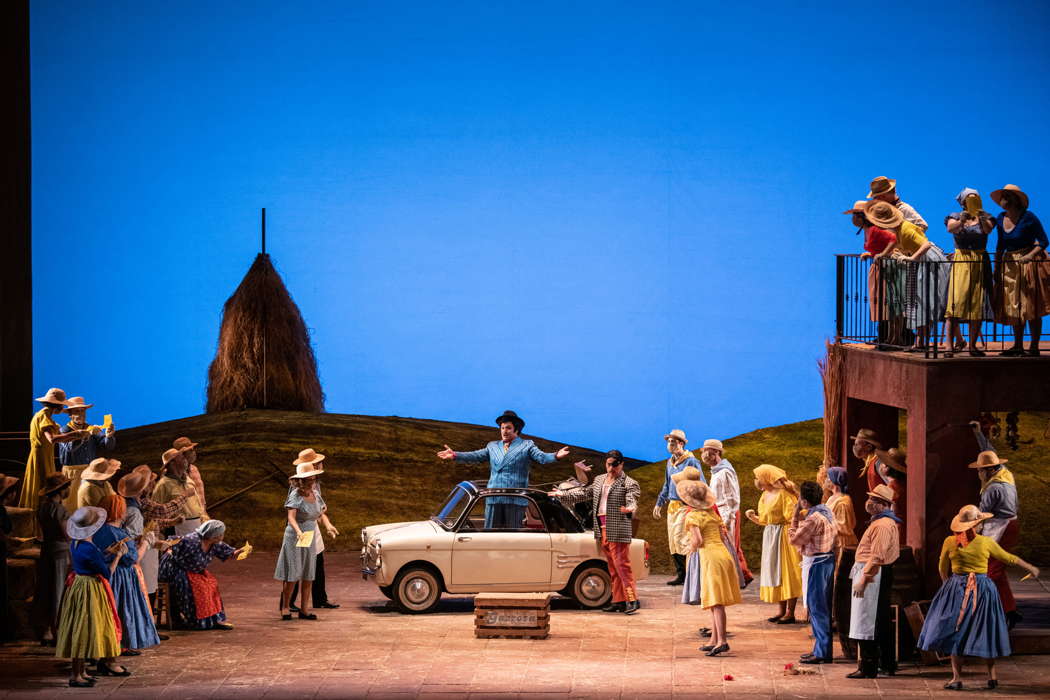 SPONSORED: CD Spotlight. Well Realized - Varda Kotler and Israel Kastoriano - recommended by Geoff Pearce.
SPONSORED: CD Spotlight. Well Realized - Varda Kotler and Israel Kastoriano - recommended by Geoff Pearce.
All sponsored features >>
 VIDEO PODCAST: Slava Ukraini! - recorded on the day Europe woke up to the news that Vladimir Putin's Russian forces had invaded Ukraine. Also features Caitríona O'Leary and Eric Fraad discussing their new film Island of Saints, and pays tribute to Joseph Horovitz, Malcolm Troup and Maria Nockin.
VIDEO PODCAST: Slava Ukraini! - recorded on the day Europe woke up to the news that Vladimir Putin's Russian forces had invaded Ukraine. Also features Caitríona O'Leary and Eric Fraad discussing their new film Island of Saints, and pays tribute to Joseph Horovitz, Malcolm Troup and Maria Nockin.
- Claudio Monteverdi
- Folkways Records & Service Co
- Esa-Pekka Salonen
- fifth century
- Tom Collingwood
- New Jersey Pro Arte Chorale
- Glamorgan
- Brandon Patrick George
The Right Touch
Gaetano Donizetti's 'The Elixir of Love', reviewed by GIUSEPPE PENNISI
Gaetano Donizetti's Elisir d'Amore is a very popular work and lends itself to both traditional and innovative staging. At the Teatro Regio in Turin you can see and hear (on the theatre website and at a price of five euros per ticket) a production that has the right touch for this masterpiece. It is at the same time a brilliant comedy and a parody of the opera seria still going strong at that time. This review is based on 26 April 2021 viewing and listening.

Donizetti's 'L'Elisir d'Amore' at Teatro Regio Torino. Photo © 2021 Andrea Macchia
Conductor and maestro al fortepiano is Stefano Montanari. The stage director is Fabio Sparvoli. Mariangela Sicilia is the protagonist, Adina. Nemorino, the tenor who is entrusted with one of the most famous airs in the history of melodrama - Una furtive lacrima - is played by young Russian tenor Bogdan Volkov, Marco Filippo Romano is Dulcamara, Giorgio Caoduro Belcore, Ashley Milanese Giannetta and Mario Brancaccio Dulcamara's assistant. The sets are by Saverio Santoliquido, the costumes by Alessandra Torella, the lights by Andrea Anfossi. Assistant director is Anna Maria Bruzzese. The chorus of the Teatro Regio is prepared by Andrea Secchi.

From left to right: Giorgio Caoduro as Belcore, Mariangela Sicilia as Adina and Ashley Milanese as Giannetta with members of the chorus in Donizetti's 'L'Elisir d'Amore' at Teatro Regio Torino. Photo © 2021 Andrea Macchia
Starting from a banal assumption - an alleged magic filter that arouses the reactions of a very simple village - naivety and poetry are the main elements of a very balanced play. The Adina-Nemorino duo is not the stereotype of traditional lovers but has a spiky human dimension. The Belcore-Dulcamara duo is filled with imaginative irony and good-naturedness. Above all, Donizetti enjoys making fun of the Metastasian opera seria, then still in fashion in certain theatres and social classes. It also takes by the nose the new enriched bourgeoisie (from the small landowner Adina and the distant rich uncle of Nemorino), as well as the armies that became arrogant during the Napoleonic wars (and remained so afterwards) and the barker politicians who end up believing in what they promise. A framework, therefore, of a society that is both in crisis and in transition. For this reason, in the orchestral balance, brass - mainly trombones - tends to dominate the others instruments and at certain times to cover the singers. From a vocal point of view, we gradually move from the initial duet to the great 'larmoyant' air for tenor to the short but delicious rondo for soprano.

Mariangela Sicilia as Adina and Bogdan Volkov as Nemorino in Donizetti's 'L'Elisir d'Amore' at Teatro Regio Torino. Photo © 2021 Andrea Macchia
The Turin production is a revival of a staging in the 2018-2019 opera season well adapted to the television medium with intelligent use of the camera. The direction places the action in the fifties. It is an idea that gives the right touch to this opera which is partly a comedy with a farce tones and partly a parody of the opera seria. We are in an environment (also with a convertible vintage car) reminiscent of Italian comedies and films such as Pane amore e fantasia with Gina Lollobrigida and Vittorio De Sica in turn parodies of dramas such as I figli di nessuno or Anna with Yvonne Sanson and Amedeo Nazzari.

Marco Filippo Romano as Dulcamara and Mario Brancaccio as Dulcamara's assistant in Donizetti's 'L'Elisir d'Amore' at Teatro Regio Torino. Photo © 2021 Andrea Macchia
The singing company is of a very good standard. Nemorino is the young Russian tenor Bogdan Volkov who has a ringing voice, plays well but must improve the phrasing and accentuate that melancholy lyricism of the role that is the most original feature of the character. An excellent Adina is Mariangela Sicilia, who has a beautiful timbre and impeccable musicality, as well as a captivating stage presence. Marco Filippo Romano has a clear voice, perfect diction and excellent acting. Giorgio Caoduro is an impeccable Belcore, with a rich and sound voice, and he plays the role with great effectiveness. Ashley Milanese is a good Giannetta. The chorus and orchestra are perfectly at ease in a score they know inside out.
Copyright © 28 April 2021
Giuseppe Pennisi,
Rome, Italy

NINETEENTH CENTURY CLASSICAL MUSIC


